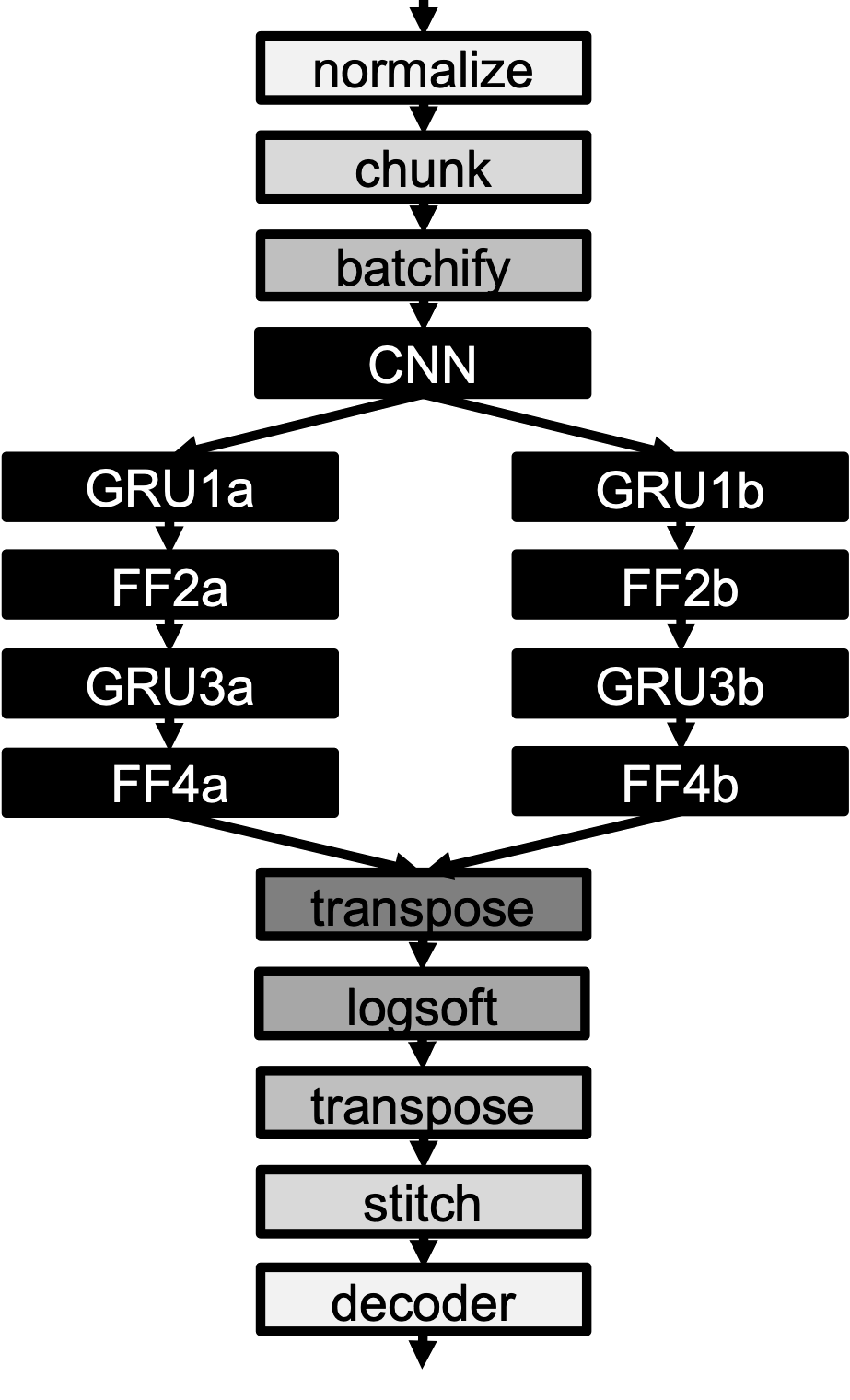Sebastian Magierowski
Associate Professor
Dept Electrical Engineering & Computer Science
Lassonde School of Engineering,
York University
LAS1012B, 4700 Keele St
Toronto, Ontario, Canada M3J 1P3
| email: | google me or try a link below |
| phone: | 1-416-736-2100 x44652 |

Research
We invent CMOS chips that sense and process biosignals, embedding AI hardware for real-time analysis and interpretation. Our research emphasizes low-power semiconductors for mobile digital biology applications.
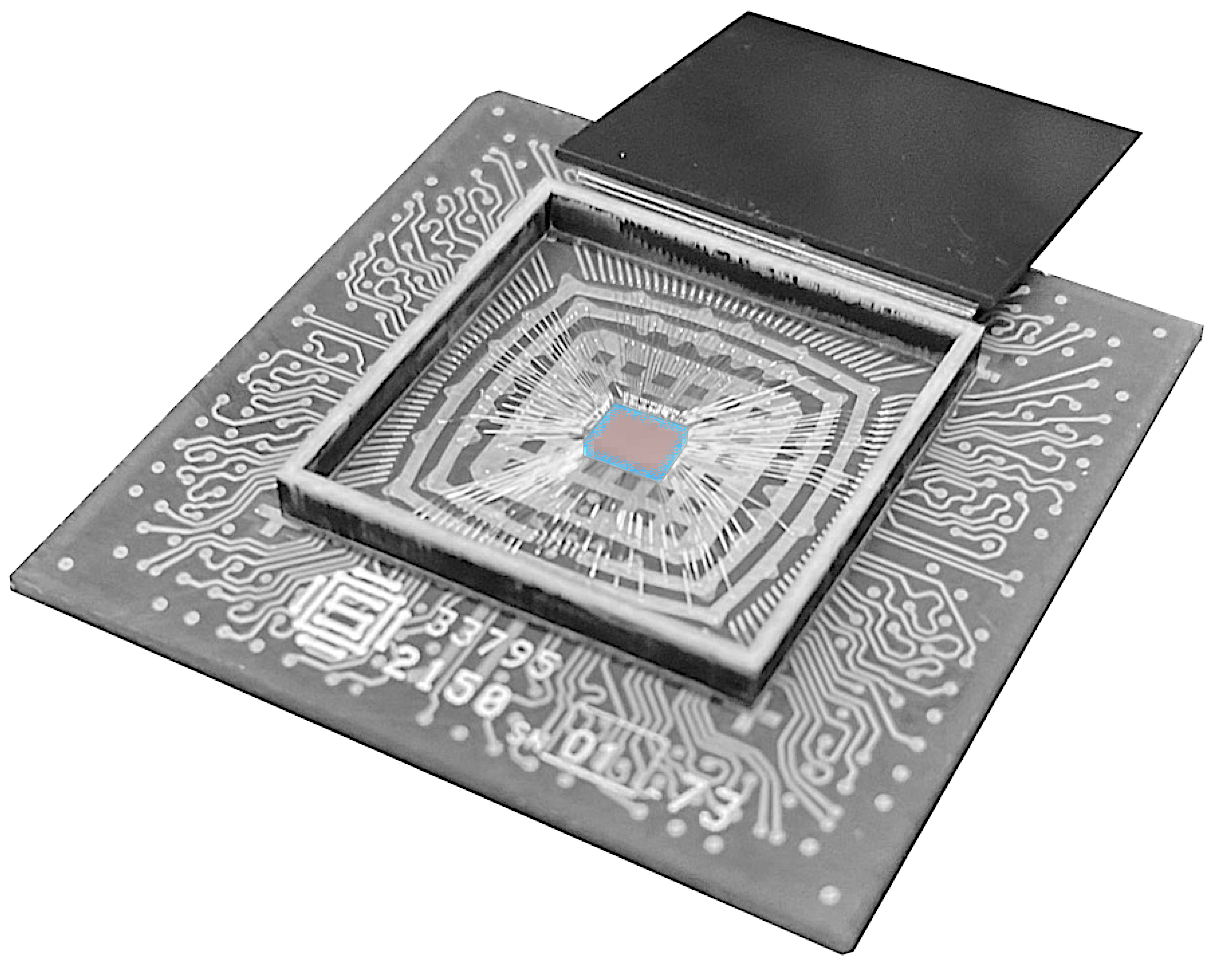
One of our custom BioSoCs
Full-stack bio system-on-chip (BioSoC) approach:
Sensors: High-sensitivity CMOS-based sensors for detecting biological signals with precision. Here we're mostly focused on DNA and cellular signal capture.
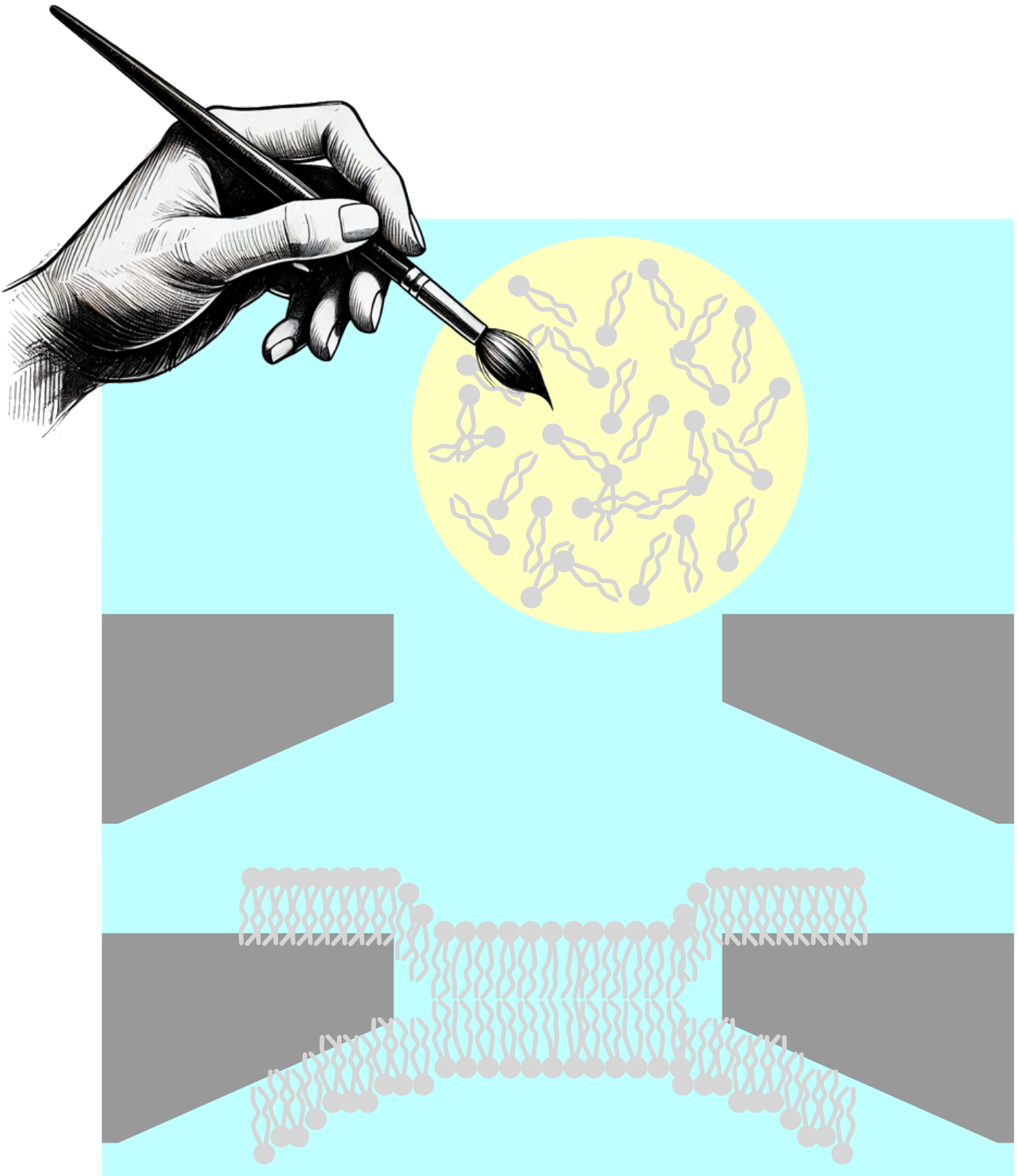
Analog: Custom analog front-ends for signal amplification and filtering, ensuring accurate data capture. We're particularly interested in leveraging advanced CMOS nodes for this work. High-speed I/O and on-chip power management are critical concerns.
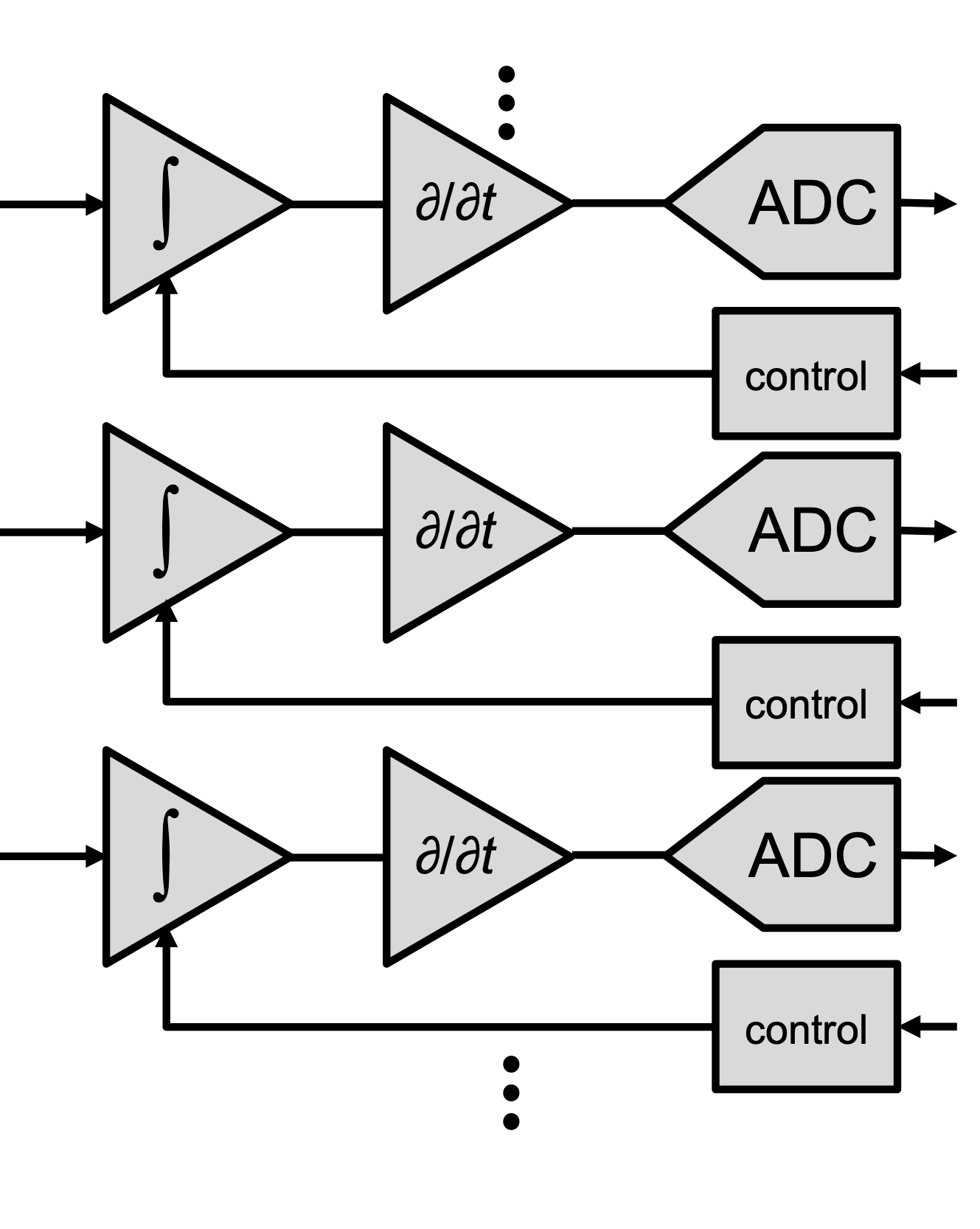
Digital: RISC-V processors and accelerators for bioinformatics and deep learning, optimized for low-power systems.
Our insight into the specific needs of digital biology allows us to precisely trim the hardware for extremely low-power operation without excessive performance sacrifices.
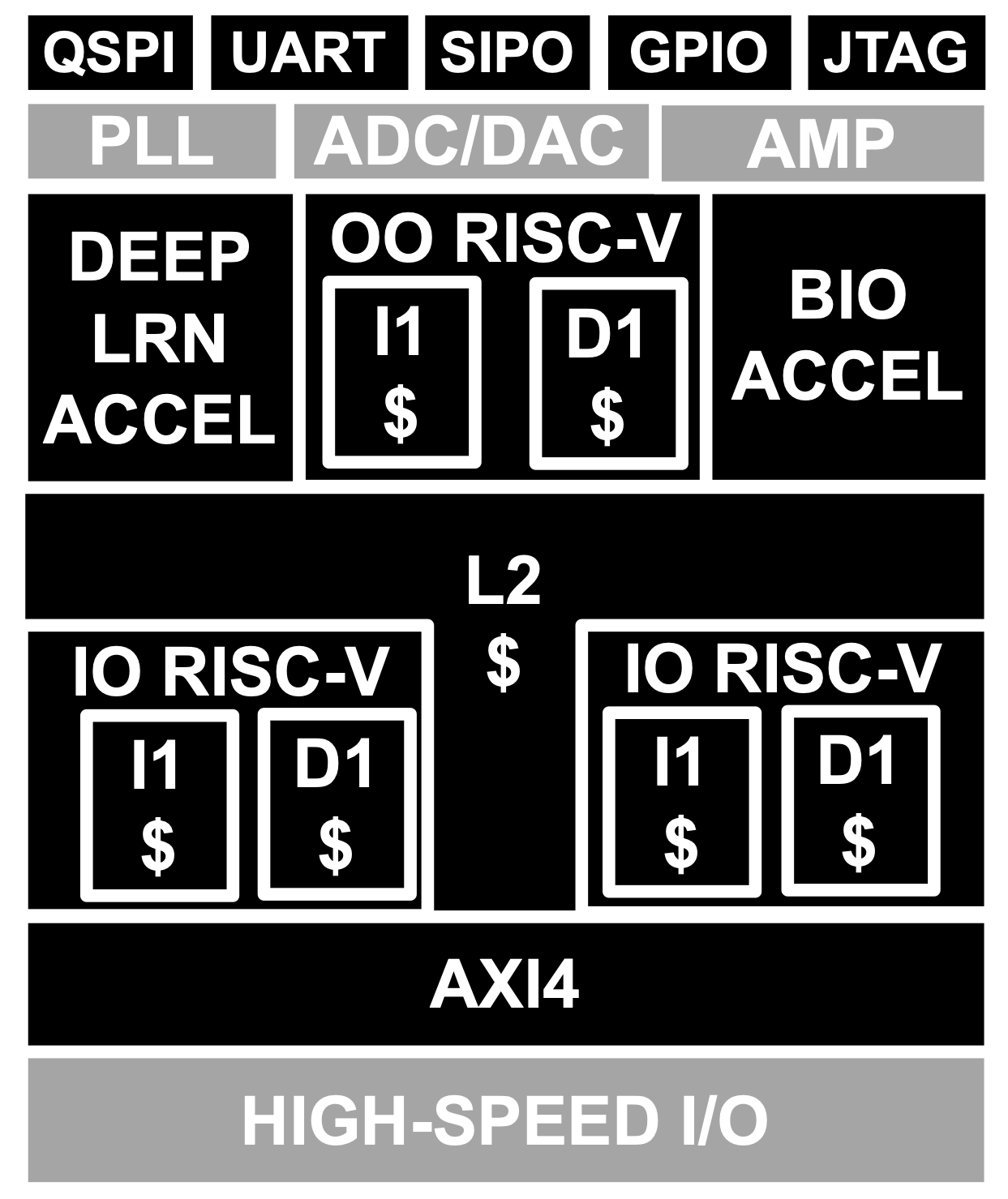
Software: None of the hardware above is of much use unless targeted with excellent software.
We make Linux-based systems running custom algorithms for real-time molecular diagnostics and analysis.
